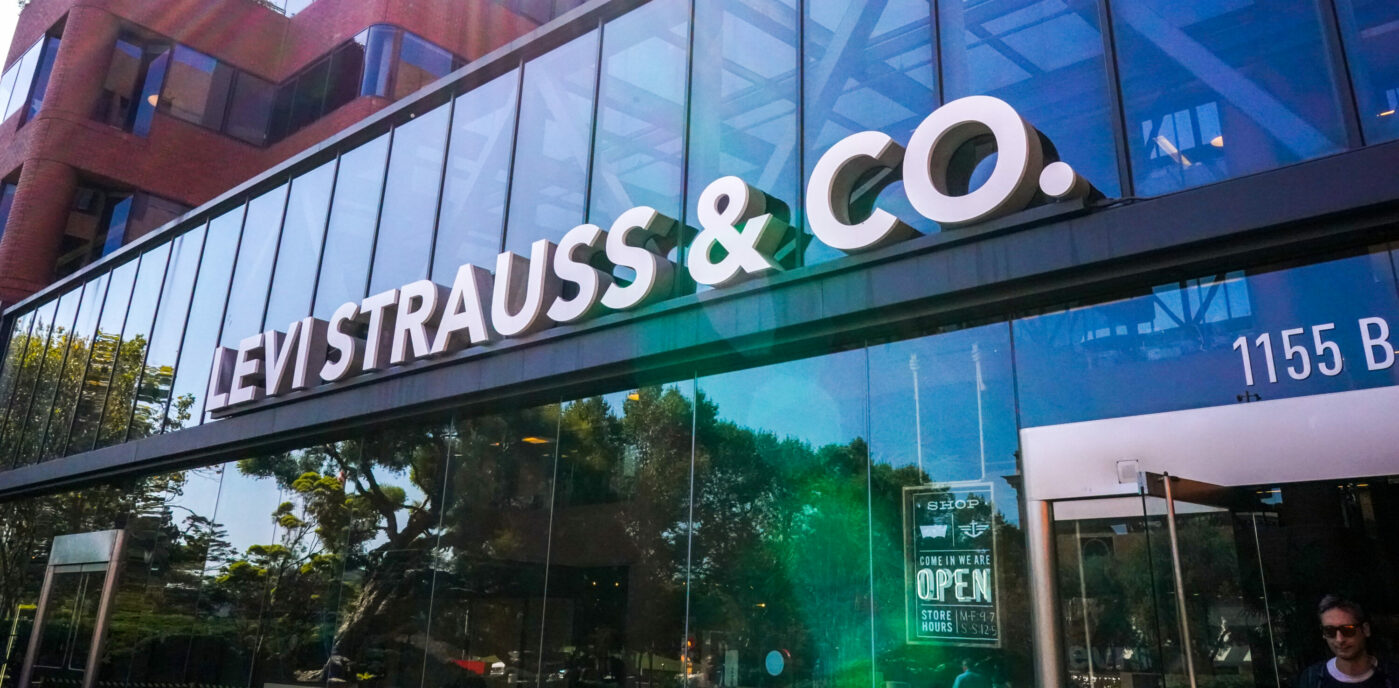The Nation magazine has published a story outlining a series of issues about the US Government’s policy related to Haiti. While many of the issues raised clearly need further dialogue, we at Levi Strauss & Co. are focused on an allegation related to one of our contract factories there.
The story alleges that one of our apparel contractors in Haiti advocated against raising the minimum wage in that country.
The Nation also accuses Levi Strauss & Co. of using our contractor in such a way that we “kept our own hands clean” – an accusation we vehemently deny.
We want to be clear on this fact: Levi Strauss & Co. did not lobby the Haitian government against raising the minimum wage – nor did we ask anyone to do so on our behalf.
Upon learning of the allegations, we immediately reached out to our contractor in Haiti. Its management has assured us the reports are inaccurate and that the vendor did not lobby against raising the minimum wage. We have asked The Nation to share any specific information they have supporting their claim against this contractor.
Any time there is an allegation related to one of our contractors, we investigate and work both internally and with external stakeholders to determine the facts and take action. That’s exactly how we’ve responded to the issue raised by The Nation.
Levi Strauss & Co. has a strong history of supporting workers’ rights and economic development in Haiti. In 2004, we supported management and workers in our Haitian supplier to establish the first independent union in the apparel sector in Haiti.
For the last several years, we have advocated for the establishment of the International Labor Organization’s Better Work program in Haiti, which provides education and training to support worker rights in Haitian apparel factories.
And since 2003, the Levi Strauss Foundation has provided almost $1 million in grant support to non-profit organizations that support workers and the community in Haiti.
We are committed to ensuring apparel workers who make our product work in a safe environment and are treated with dignity and respect – whether at this factory in Haiti or at the more than 400 others with which we do business around the world.
Update, June 8, 2011: This NPR story provides some interesting, broader context about factories in Haiti.






